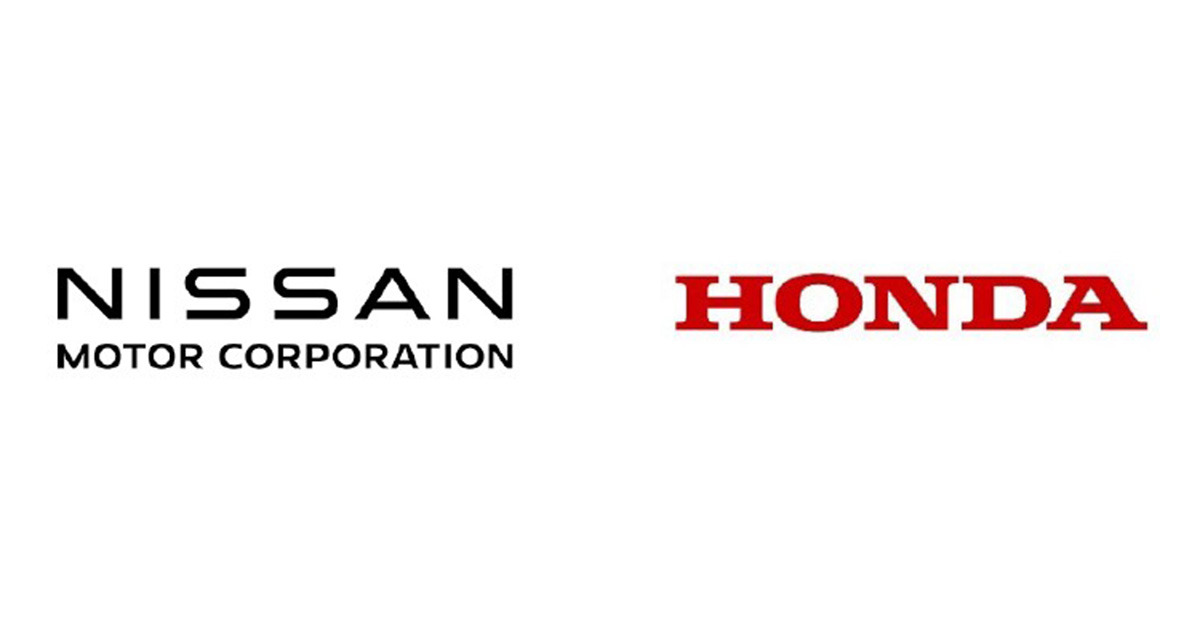The original plan was to create a new holding company to integrate the two carmakers with operations starting as early as 2026. However, shortly after the MoU was signed, sources close to the situation indicated that the deal was likely to fall through, which was eventually confirmed.
Honda and Nissan issued identical press releases on Thursday, 13 February, confirming the end of merger talks. The official statement confirmed reports of Honda's desire to convert Nissan into a subsidiary, which appeared as one of the "various options" considered during discussions:
As noted in the press releases, Honda proposed to change the structure from a joint holding company where Honda would appoint the majority of directors and CEO through a joint share transfer, as originally outlined in the MoU, to a structure where Honda would be the parent company and Nissan would be a subsidiary through a share swap.
A separate MoU signed by Honda, Nissan and Mitsubishi on 23 December 2024 was also terminated. This document considered Mitsubishi's participation in the Honda-Nissan merger. The three automakers have confirmed their intention to continue co-operation in electrified vehicles, but the merger is no longer under consideration.
During the merger talks, there were various reports about the reasons for the possible failure of the deal. In addition to Honda's desire to establish control over Nissan as a subsidiary, it was reported that Honda expressed reluctance to involve Renault in the merger process, offering Nissan to buy back the shares owned by the French company. Mitsubishi has also reportedly rejected the idea of joining the merger as a third participant, preferring to remain independent.
Nissan's future plans remain uncertain. According to unconfirmed reports, the company is still searching for a partner. Taiwanese electronics manufacturer Foxconn remains interested in co-operation, but has no plans to buy Nissan in its entirety.

